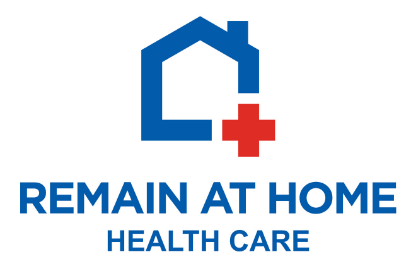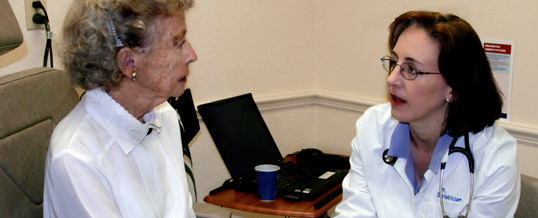Who doesn’t have memories of visiting the pediatrician as a kid? You know, the “kid doctor” who always had a seemingly endless supply of lollipops, perfect medicine for post-shot tears? From that point on, most of us have spent an hour or two in the company of a medical specialist, ranging from a dermatologist to a gynecologist to a surgeon and beyond.
As we age, many people 65+ decide to transition their day-to-day healthcare needs from a general practitioner, a medical doctor with special training in the diagnosis and treatment of health issues facing the elder set. Geriatricians – who are typically board-certified in family or internal medicine – specialize in treating patients with a myriad of age-specific health concerns, which incorporate (but are not limited to) medication management, physiology, immune deficiencies and attending to psycho-social needs.

Brian Carrigan
Founder & Co-Manager
As we all know, no two senior citizens are quite the same: One 70-year old man may be unable to rise from a chair without assistance while his 70-year-old neighbor is running marathons. So it’s reasonable to ask the question: At what point (if ever) should someone see a geriatrician.
Seniors who are especially frail or have complex medical problems should strongly consider seeing a geriatric physician. A geriatrician should especially be considered when the patient’s condition also becomes a challenge for his or her friends and/or family members.
In addition to seeing to a senior’s specific medical concerns, most geriatricians will establish what is known as a “healthy aging plan” for each patient. In particular, this “blueprint” details ways to catch physical problems early, make lifestyle changes, evaluate living conditions and develop a comprehensive medical history that lists all past immunizations and prescription drug use.
As always, consult with your current primary care physician to determine if seeing a geriatrician may be the next right step for you. He or she can also provide a referral.
We wouldn’t take our children to anyone but a trusted pediatrician for medical care. If the situation merits, why wouldn’t we take our older loved ones to a doctor specifically trained to see to their very own age-related health concerns?




